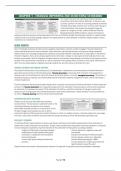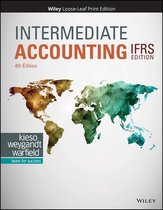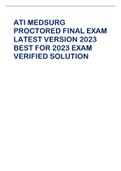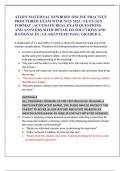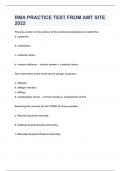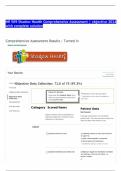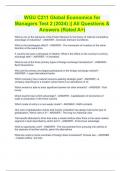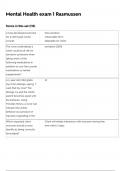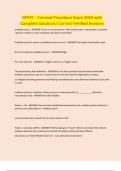Samenvatting
Summary Financial Accounting 2 'Intermediate Accounting: IFRS Edition' - Endterm UvA EBE
- Instelling
- Universiteit Van Amsterdam (UvA)
This document is a summary of chapters 1-15, 18 & 23 of the book 'Intermediate Accounting: IFRS Edition (fourth edition)' by Kieso, D.E., Weygandt, J.J. & Warfield, T.D.. This book is used in the course Financial Accounting 2 (course code: 6013B0511Y), taught by Sebastian Stirnkorb, at the Universi...
[Meer zien]
